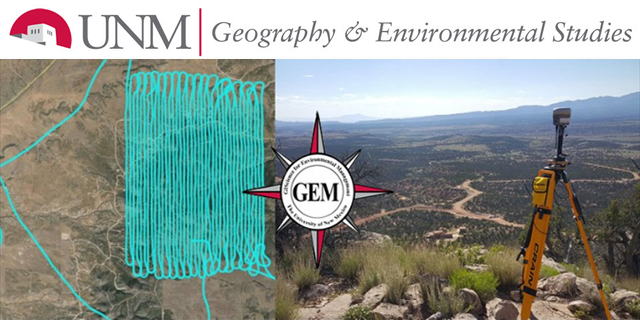
Geography ETDs
Publication Date
Spring 5-3-2019
Abstract
Terrain is often displayed on maps either as background or foreground. Although terrain representations are ubiquitous, there is not a thorough understanding of map-readers’ cognition of geographic surfaces from various terrain representations. The research described in this thesis empirically assessed map users’ abilities at estimating straight-line distance using maps with two different types of terrain representations and at three different scales. The objective of this research was to assess how accurately map users estimate distance on the ground taking into account variations in elevation. Participant data in the form of demographics and distance estimates were statistically analyzed to determine if terrain representation and scale had a measurable and significant affect on distance estimates.
Degree Name
Geography
Department Name
Geography
Level of Degree
Masters
First Committee Member (Chair)
Scott Freundschuh
Second Committee Member
Chris Duvall
Third Committee Member
Maria Lane
Fourth Committee Member
Yan Lin
Document Type
Thesis
Language
English
Keywords
terrain, cartography, contours, hillshade
Recommended Citation
Mueller, Kristian. "Assessing How Terrain Representations and Scale Affect the Accuracy of Distance Estimates." (2019). https://digitalrepository.unm.edu/geog_etds/47
Included in
Cognition and Perception Commons, Geographic Information Sciences Commons, Other Geography Commons, Physical and Environmental Geography Commons, Spatial Science Commons
